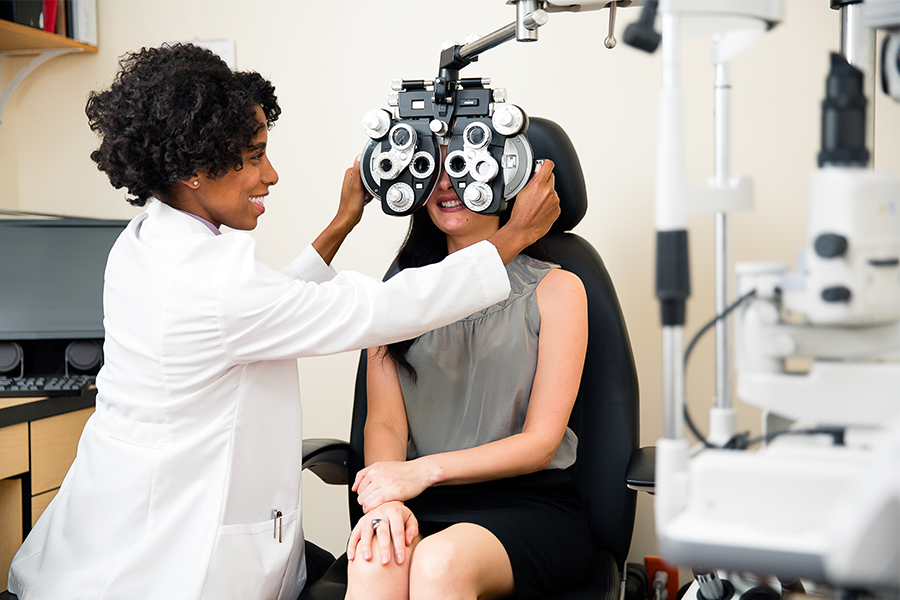January 2020
-
It’s the Year You Use Your Benefits Wisely
*Updated January 2022 It’s natural at the start of a new year to set resolutions to change bad habits or improve our health. Small talk at the office is peppered with questions about how that … Read More
-
The role a dentist plays in your child’s oral health
Schedules may get hectic with school, extracurriculars, and homework, but making it to the dentist is always worth it. Dentists play a central role in children’s oral health that goes beyond checking teeth for cavities. … Read More
-
Winter Sports that Need Mouthguards: The Complete List
Helmets, gloves, and goggles are synonymous with winter sports — but what about mouthguards? Do you or your child need to wear a mouthguard for your Arctic athletic activity? Here are all of the winter sports … Read More
-
Delta Dental Protects Your Eyes with DeltaVision® Coverage
Millions of Americans deal with eye-related diseases, impairments, and injuries. At Delta Dental of Wisconsin, we can help with that with employer-sponsored vision plans. Many see Delta Dental only as their dental benefits provider. But, we also … Read More




